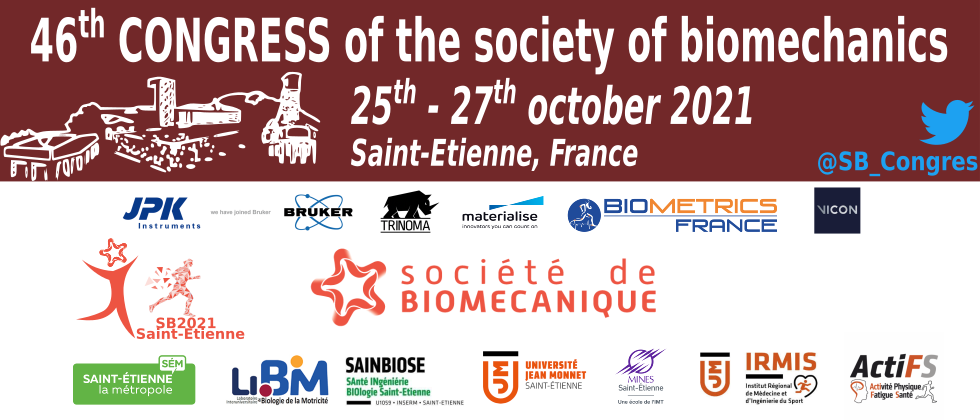
Workshop > Bruker WorkshopState of the art tools for biomechanical characterization of soft matter: From single molecules and biomaterials to cells and tissues Jérôme Beaumale, Michel Fajfrowski, Jaroslav Lukes, Torsten Müller
Current research in biomechanics and mechanobiology requires a multidisciplinary approach to understand the complex mechanisms involved in molecular and cellular processes, taking place across several organizational levels, ranging from single molecules, through cells, and tissues. There is a growing demand to understand, how physical forces and changes in the mechanical properties of cells, tissues, and their surrounding microenvironment can contribute to cell development, proliferation, and differentiation in context of spatial biology. Understanding the biomechanical cues that regulate cell behavior and molecular biology, can have important implications for understanding the pathogenesis of various diseases, injuries, and disorders. Further investigation of the mechanistic principles influencing cell-cell and cell-substrate interactions is deemed critical for the successful design and development of novel targeted therapies, implants, and treatments. In this workshop we will introduce the concept of using two of Bruker’s recent products for biomechanical characterization and nanoindentation of soft matter samples. In the first part of our workshop, we will introduce our multipurpose NanoWizard 4 XP atomic force microscopy (AFM) platform. In recent years, AFM has become a standard for studying active forces in biological samples, such as, living cells, tissues, and biomaterials, where it allows comprehensive structural and nanomechanical analysis at near native sample conditions, with simultaneous full integration into advanced commercially available light microscopy techniques. We will further show how AFM can be applied to study cell-cell and cell-substrate interactions, down to single protein unbinding events, thus giving insight into early cell adhesion. We will also introduce our Quantitative Imaging (QI™) mode, that enables simultaneous measurements of topography, stiffness, and adhesion at high resolution. This will be followed by an instrument demonstration where we will introduce the AFM basics and workflow from sample preparation to AFM measurements and data analysis. In the second part of our workshop, we will feature our in-situ Hysitron BioSoft indenter. This has been specifically designed for multiscale quantitative mechanical testing of biological materials and soft samples, such as hydrogels, that are often used as a biomimetic material to simulate the mechanical response of soft biological tissues for culturing samples and surgical simulations. By offering a unique combination of force sensitivity and displacement range, the Hysitron BioSoft can be applied for time-dependent load relaxation experiments. These can be evaluated with the built-in elastic, as well as hyperelastic models, to account for the non-linear elastic tissue behavior, and characterize the anisotropy, homogeneity, and property gradients in the samples. In an on-site demonstration, we will give further insight into instrument handling, operation, and data evaluation. Join us to get a first-hand experience and learn how BioAFM and NanoIndentation can be applied to provide new insights into your biomechanics research! |
| Online user: 2 | Privacy |

|
